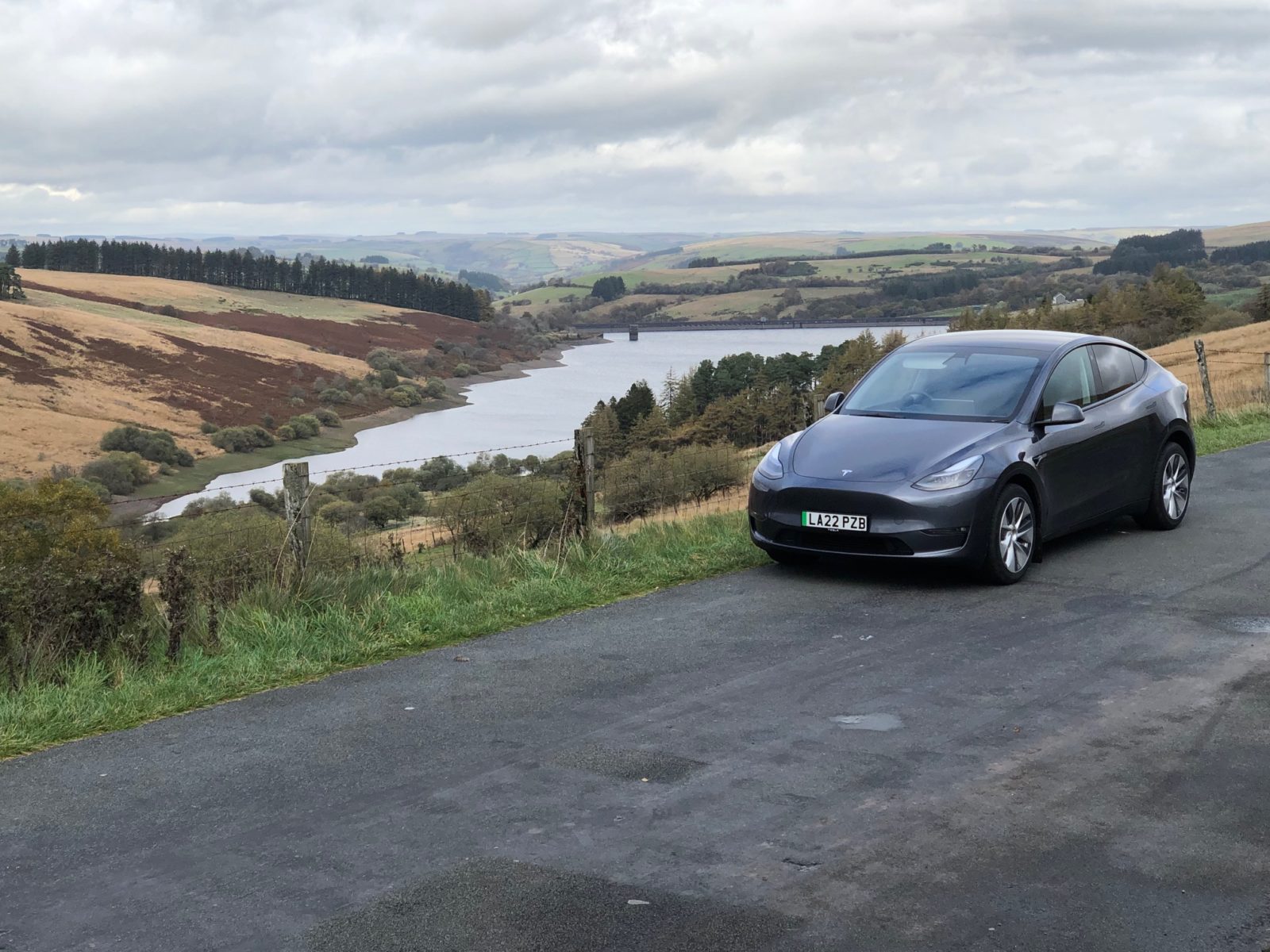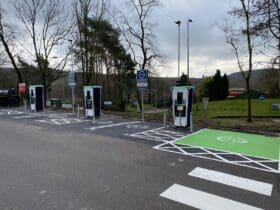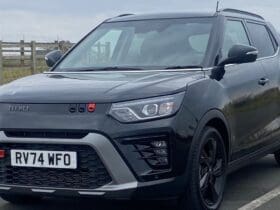New car registrations continued to improve in December and the market in Britain reached 1.61M, but still the lowest in three decades.
The UK new car market recorded its fifth consecutive month of growth in December, with an 18.3% increase to reach 128,462 new registrations, according to the latest figures from the Society of Motor Manufacturers and Traders (SMMT).
Hidden in the figures was the fact that evs outsold diesel cars for the first time.
Volkswagen repeated its success of 2021 and was the top performing marque, ahead again of Ford with 8.17% share over Ford with 7.86%, while Audi took 6.82 and BMW notched up 6.73% with Toyota just behind on 6.33 and closely followed by Kia 6.21%.
Biggest gain in 2022 was by Cupra who improved share by a whopping 89.65%.
This second half year performance was not enough, however, to offset the declines recorded during the first half of 2022. Despite underlying demand, pandemic-related global parts shortages saw overall registrations for the year fall -2.0% to 1.61 million, around 700,000 units below pre-Covid levels.
Supply chain shortages subdue new car market to 1.61m units in 2022 – a -2.0% fall on pandemic-afflicted 2021 – but UK reclaims position as Europe’s second biggest market.
Battery electric vehicles secure best ever monthly market share and become Britain’s second most popular powertrain for the year.
Rising registrations see market improvement in last five months with sector poised to deliver growth worth £8.4bn during 2023.
Constrained supply saw many manufacturers prioritise deliveries of the latest zero emission-capable models. December saw battery electric vehicles (BEVs) claim their largest ever monthly market share, of 32.9%, while for 2022 as a whole they comprised 16.6% of registrations, surpassing diesel for the first time to become the second most popular powertrain after petrol. Meanwhile, plug-in hybrids (PHEVs) saw their annual share decline to 6.3%, meaning that combined, all plug-in vehicles accounted for 22.9% of new registrations in 2022 – a record high, although a smaller increase in overall market share than recorded in previous years.2 Hybrid electric vehicles (HEVs) also enjoyed growth, rising to an 11.6% market share for the year.
But the SMMT also concluded with a repeated that need for more roadside changepoints, saying, “Chargepoint provision also remains a barrier to EV uptake. The government’s EV Infrastructure Strategy forecast that the UK would require between 300,000 and 720,000 chargepoints by 2030. Meeting just the lower number would still require more than 100 new chargers to be installed every single day. The current rate is around 23 per day.”
December’s best sellers were the Tesla Model Y and the Tesla Model 3 but the top ten for the year were led by the Nissan Qashqai, the first time it’s hit the top of the list and the first British-built car to do so for a very long time.
Best sellers 2022
- Nissan Qashai 42,704
- Vauxhalll Corsa 35,910
- Tesla Model Y 35,551
- Ford Puma 35,088
- MINI 32,387
- Kia Sportage 29,655
- Hyundai Tucson 27,839
- VW Golf 26,558
- Ford Kuga 26,549
- Ford Fiesta 25,070
Best BEVs 2022
- Tesla Model Y 35,551
- Tesla Model 3 19.071
- Kia e-Niro 11,197
- VW ID.3 9,832
- Nissan LEAF 9,178
- MINI 7,425
- Polsestar 2 7,345
- MG 5 7,030
- BMW i4 6,699
- Audi Q4 e-tron 6,594
Mike Hawes, SMMT Chief Executive, said, “The automotive market remains adrift of its pre-pandemic performance but could well buck wider economic trends by delivering significant growth in 2023.
“To secure that growth – which is increasingly zero emission growth – government must help all drivers go electric and compel others to invest more rapidly in nationwide charging infrastructure.”








Leave a Reply
View Comments